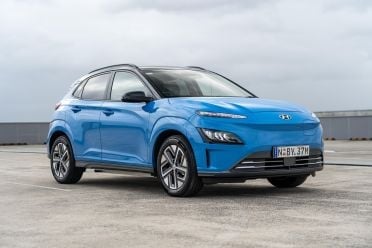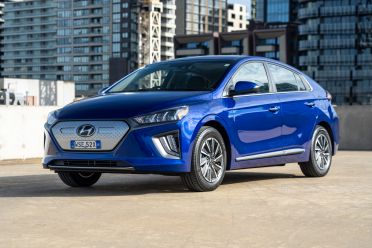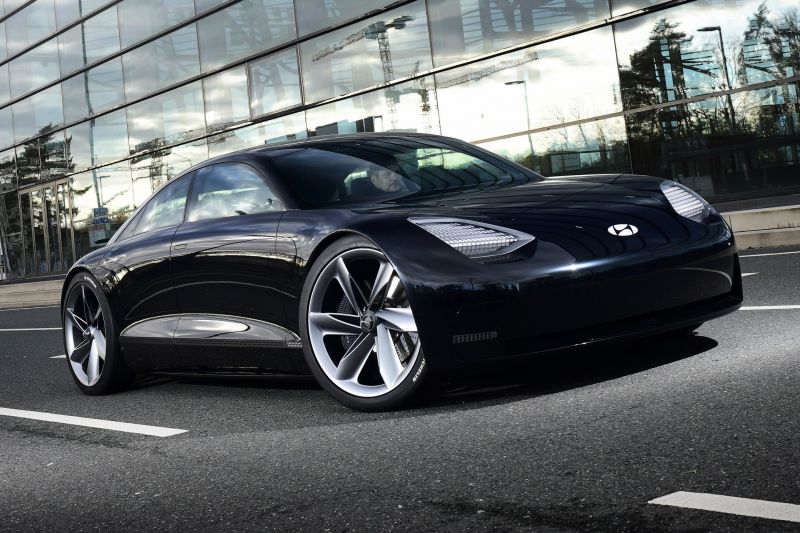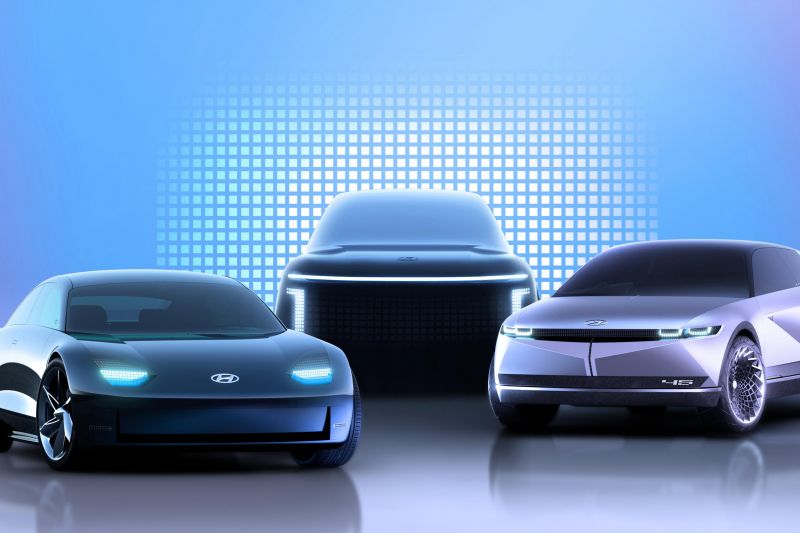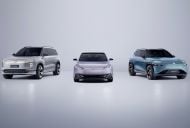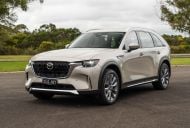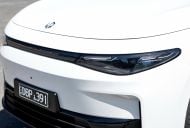Hyundai wants to bring every single one of its brand new electric vehicles (EV) to the Australian market, as it strives to be a “leading EV provider” here.
The company presently sells the Ioniq and Kona Electric EVs and Nexo hydrogen fuel-cell car, giving it one of the biggest zero-emission ranges in the country.
It has already announced plans to sell the radical Ioniq 5 crossover from later this year, and will launch a cheaper and shorter-range Kona Electric derivative “in the coming weeks”.
MORE: 2022 Ioniq 6 and 2024 Ioniq 7 powertrain details revealed
Moreover, it has committed to expanding the portfolio here with the as-yet unrevealed Sonata-sized Ioniq 6 sedan and Palisade-sized Ioniq 7 large SUV, both detailed to some degree here.
“The Hyundai Motor Group globally will launch 44 electrified vehicles by 2025 –of those, 23 will be full Battery Electric models,” said Hyundai Australia COO John Kett.
“Hyundai Australia’s intention is to introduce every one of Hyundai’s new EVs to the local market. We are committed to expanding our EV portfolio across Australia,” he added.
The developments come in the context of the NSW State Government’s sweeping $490 million (2021-22) EV stimulus package announced over the weekend, which Mr Kett also praised.
“The New South Wales Government’s stated ambition is to make NSW the easiest state in Australia to buy and drive an Electric Vehicle. This strategy goes a long way to making that a reality,” he said.
“We congratulate the State Government and recognise New South Wales as now setting the pace for the rest of Australia.
“Significant investment in the charging network, in both urban and regional areas, is a welcome initiative. Highly developed infrastructure provides confidence to customers and removes uncertainty around being able to charge EVs away from home.
“Providing stimulus for improving low EV adoption rates in Australia, by offering tax relief and purchase incentives for customers, is another encouraging step.
“We’ve seen government incentives stimulate adoption rates in advanced markets overseas and the NSW EV Strategy is at world best-practice levels in that regard.
“We also acknowledge the New South Wales Government’s own commitment to convert its fleet to fully electric by 2030, with an interim target of 50 per cent by 2026.
“We look forward to being a key partner in that transition as we continue to expand the range of Hyundai EVs available to all Australians in the future.”
MORE: 2021 Hyundai Kona Electric v Kia Niro v Nissan Leaf e+ comparison





